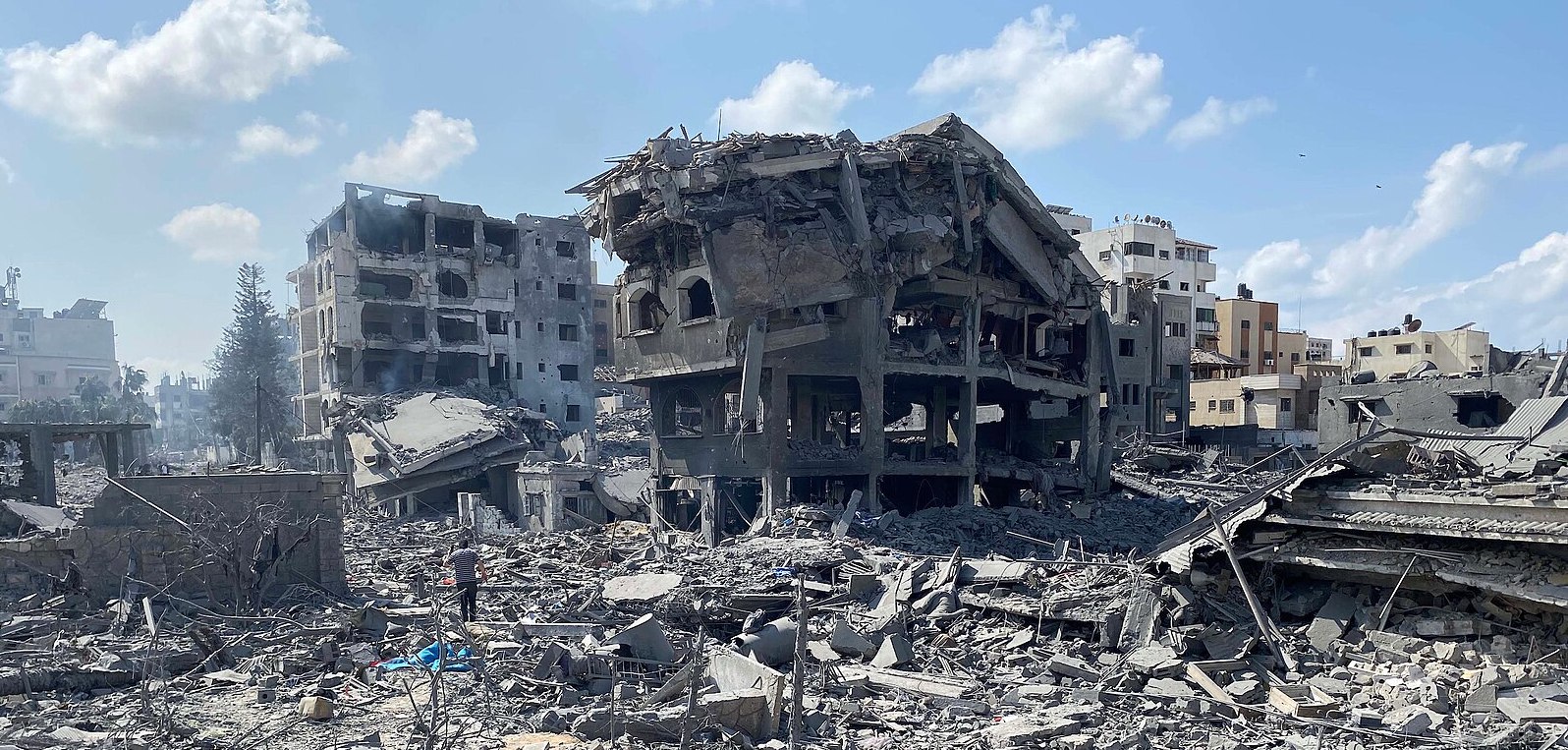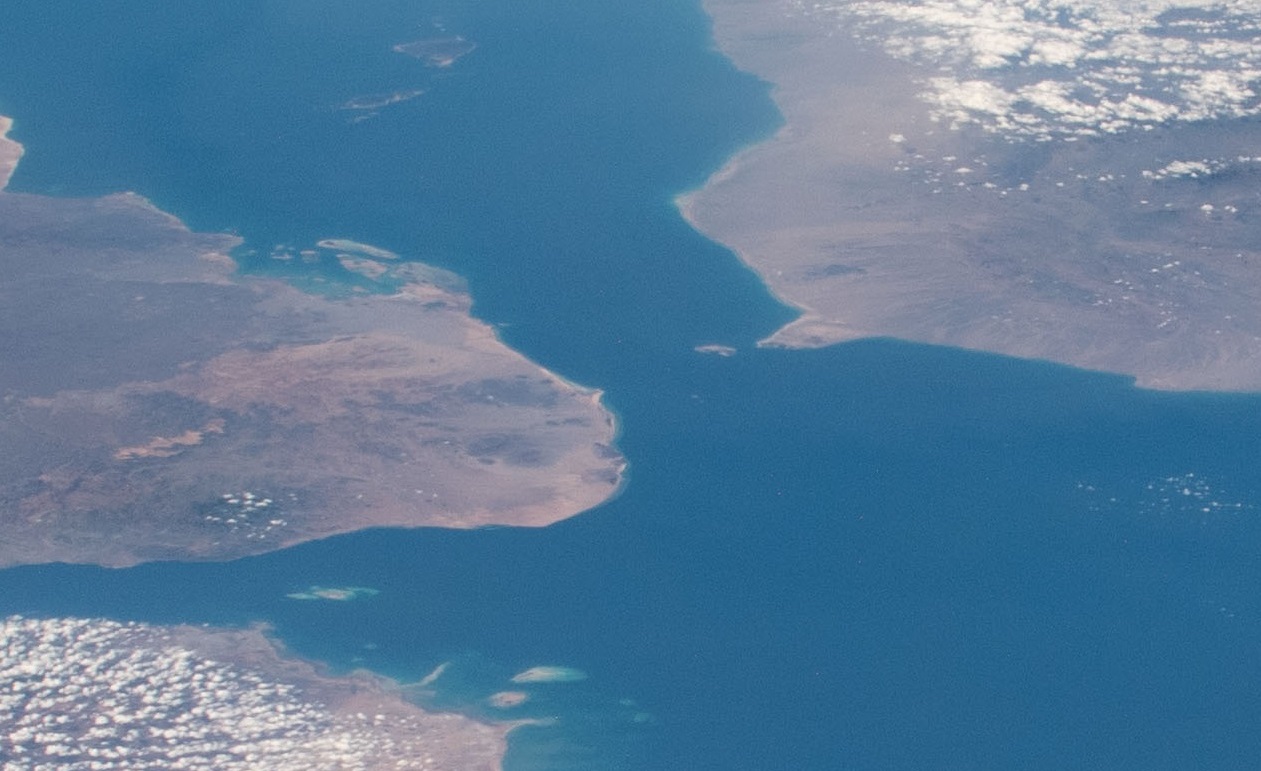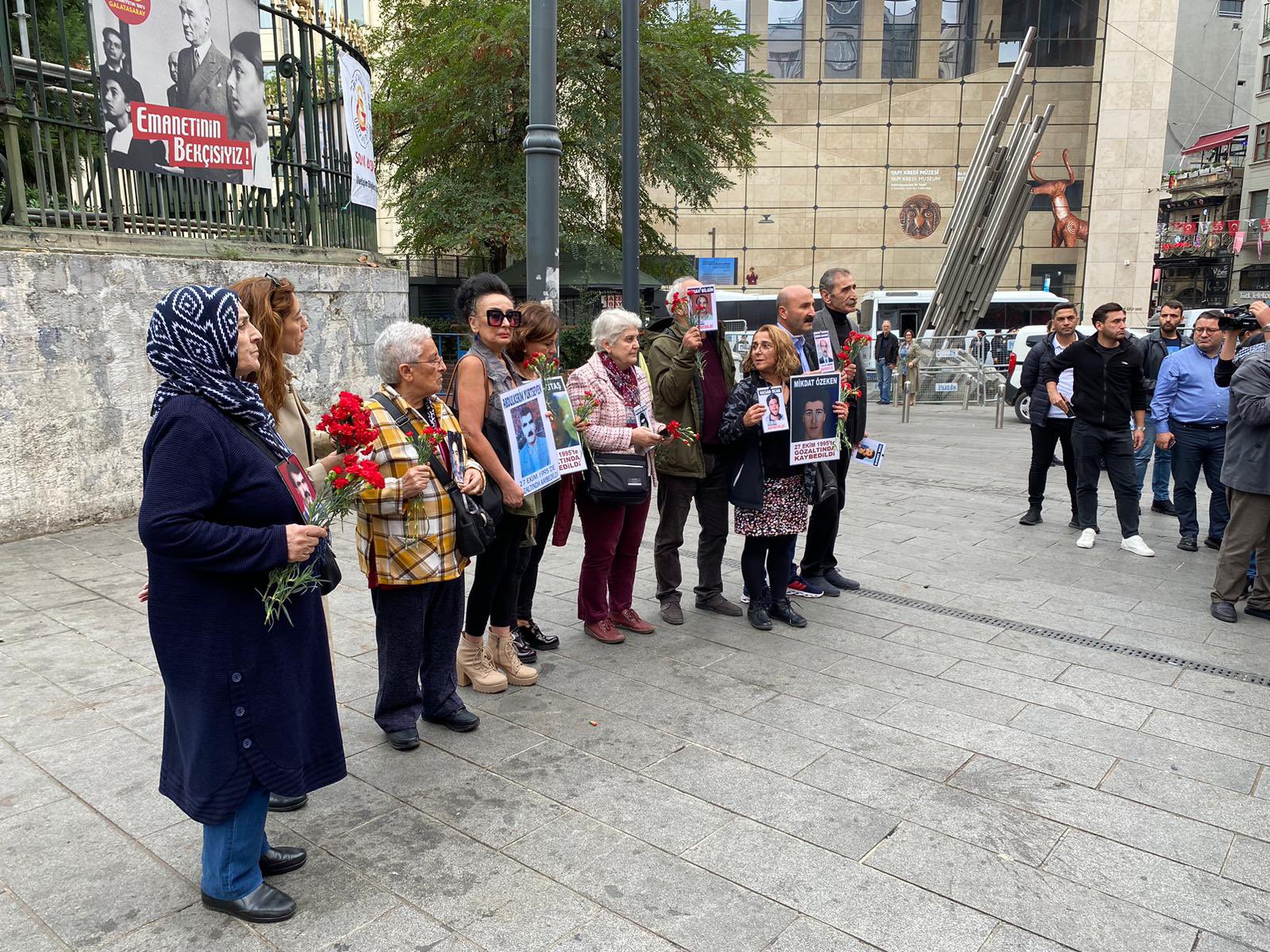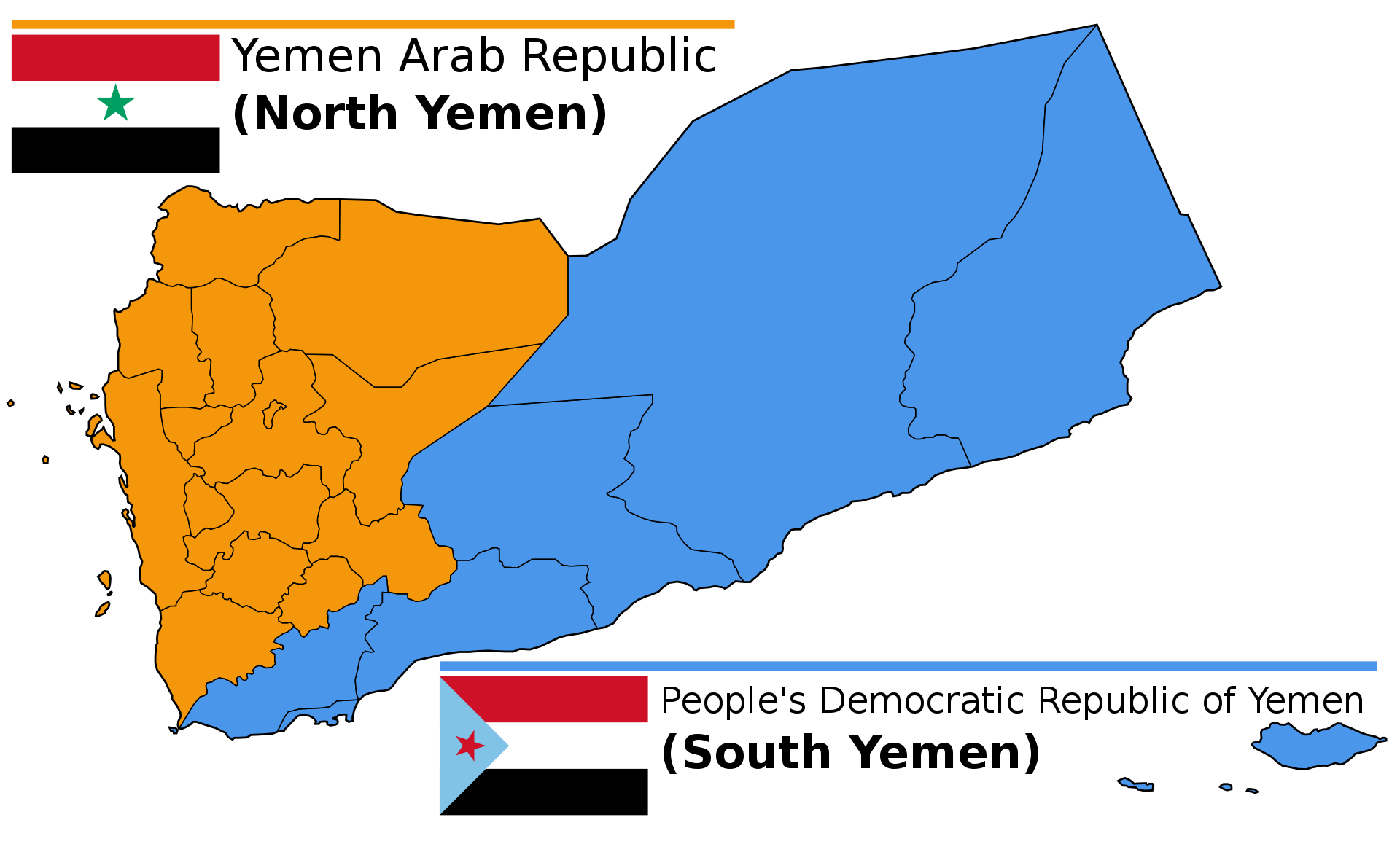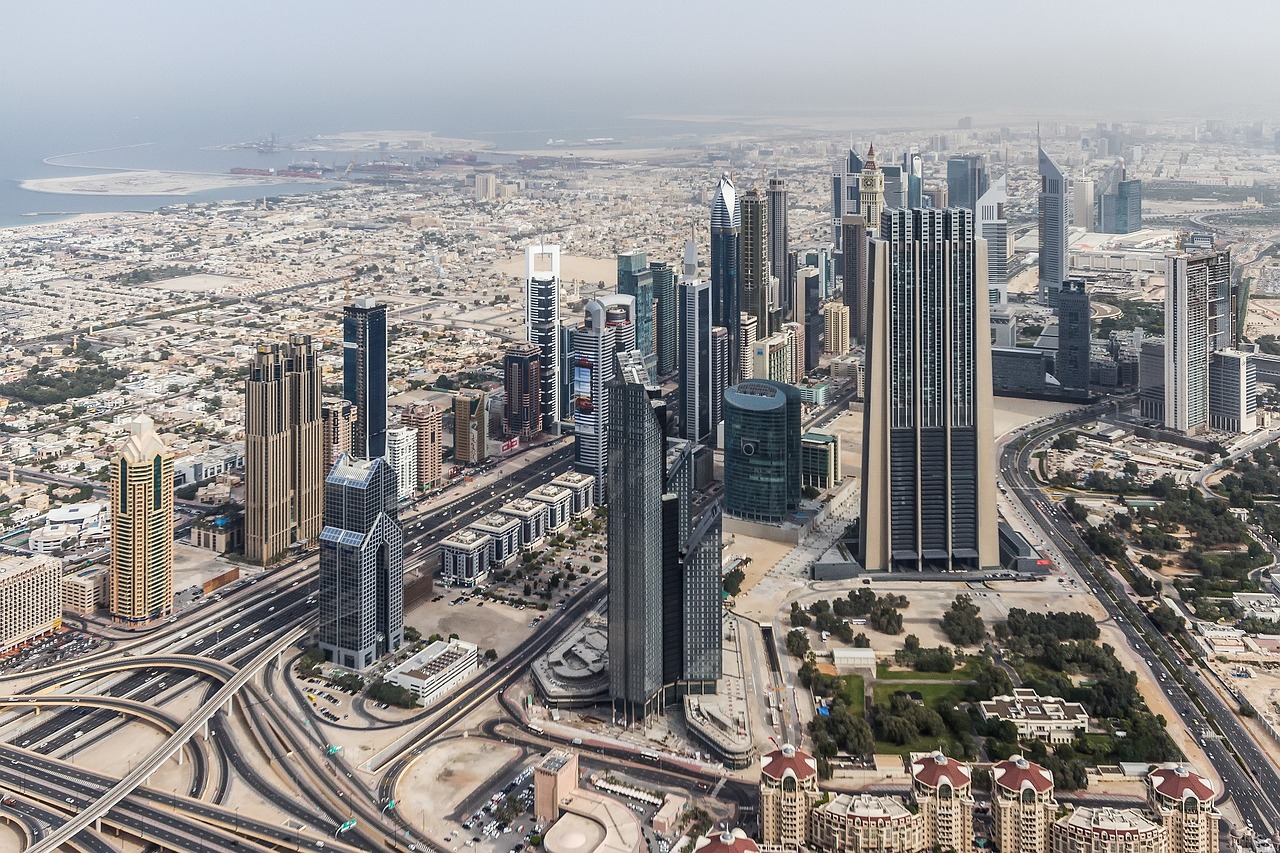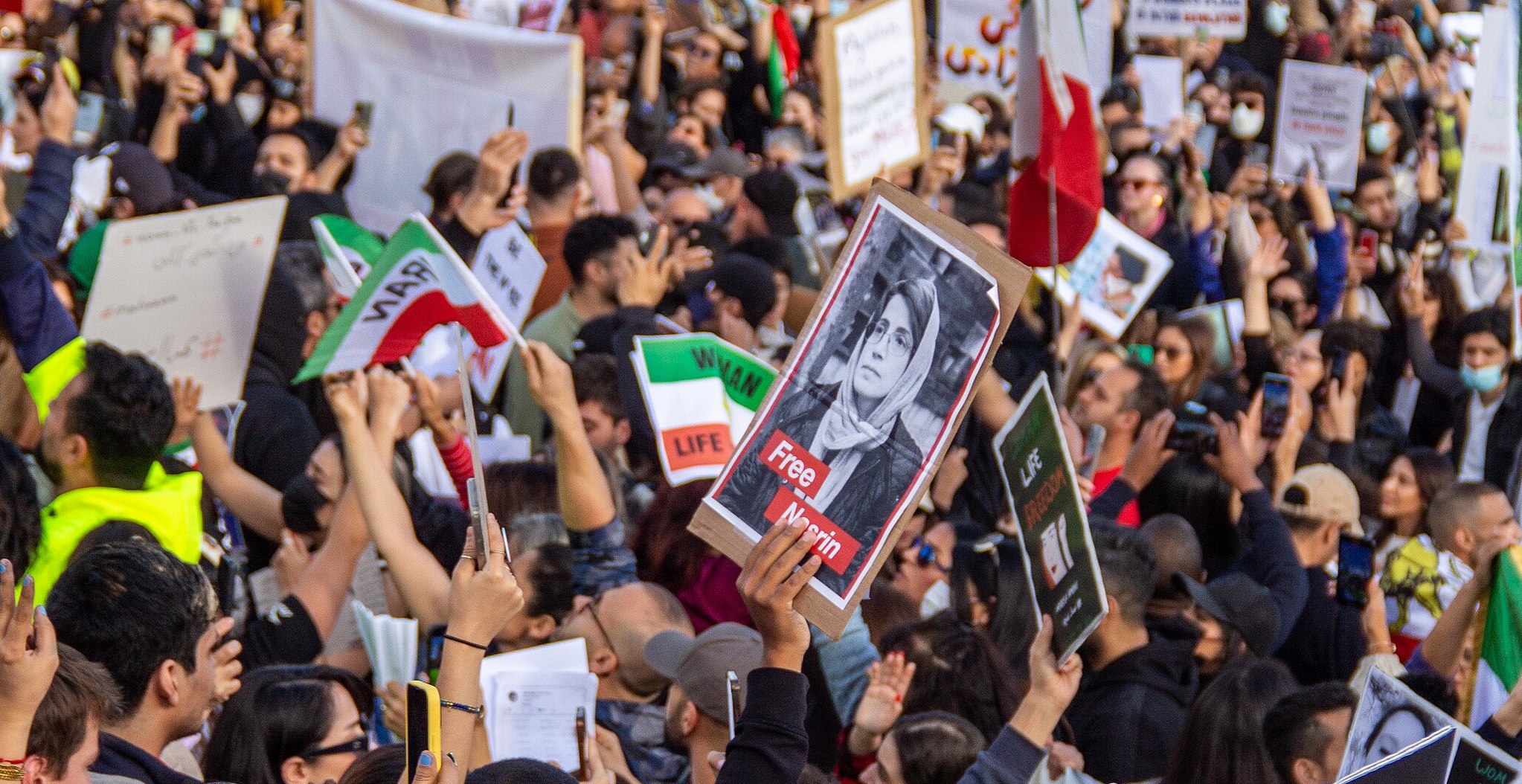
Neither US imperialism nor Islamic Republic
In Episode 211 of the CounterVortex podcast, Bill Weinberg takes stock of the potential for escalation to world war as Joe Biden retaliates for a deadly drone strike on US forces by an Iran-backed militia with air raids on 85 targets in Iraq and Syria. The same militias that have been attacking US forces in Iraq and Syria have also brutally repressed protesters in Iraq, and fought for the genocidal Bashar Assad regime in Syria. Tehran’s paramilitary network has also carried out deadly repression of protests within Iran itself. The Iran-backed Houthis in Yemen, now also coming under US bombardment, are responsible for war crimes against the Yemeni people and repression of their popular movements. It is necessary to oppose Biden’s widening of air-strikes against Iran’s paramilitaries, but also to oppose the Islamic Republic, equally a force of regional reaction. Listen on SoundCloud or via Patreon. (Photo: London rally in solidarity with Iranian protesters, October 2022. Credit: Sinai Noor via Wikimedia Commons)




